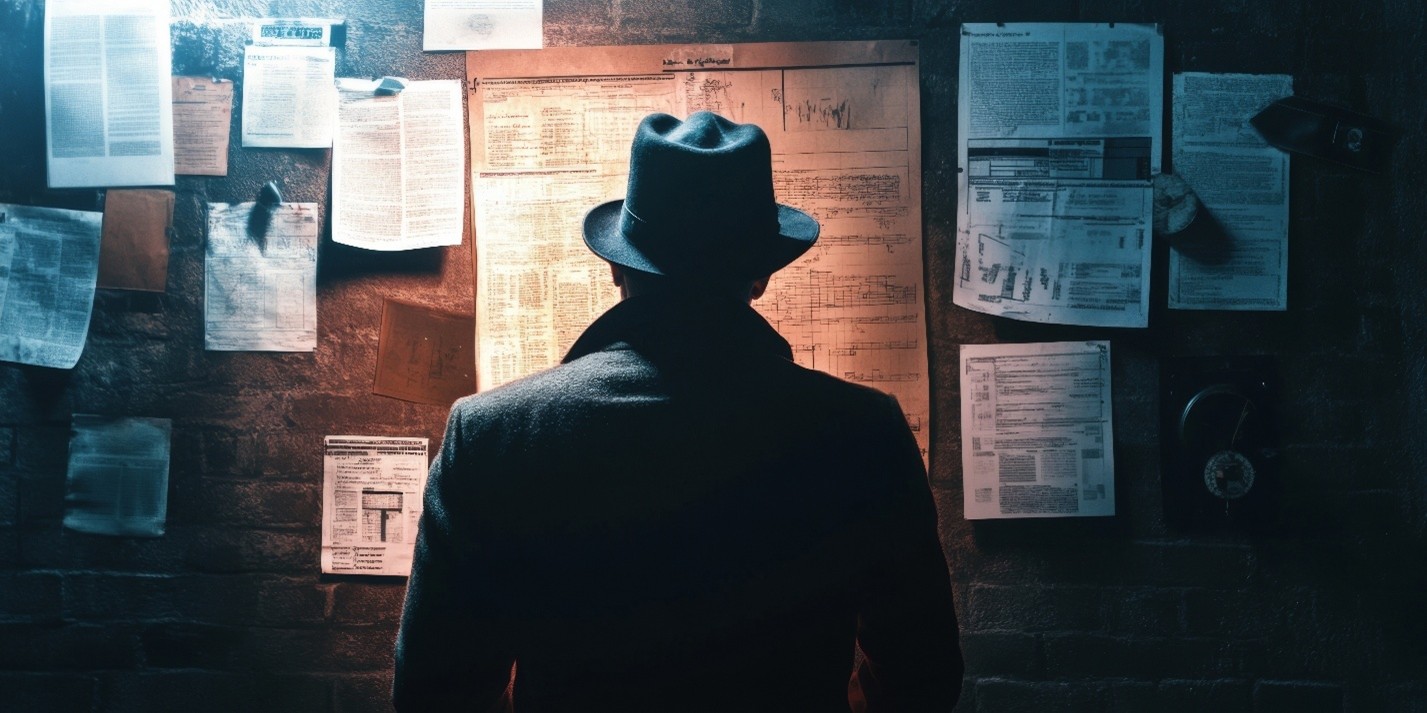Investigations often begin with certainty: a lead to follow, a motive to uncover, a suspect to question. But what happens when those neatly laid tracks disappear into the fog? When every clue circles back to nothing and every theory collapses under scrutiny, the real challenge begins, not in the evidence, but in the investigator’s own mind.
The Weight of Nothingness
For an investigator, silence can be deafening. A crime scene that refuses to speak, witnesses whose memories contradict, and forensic results that return inconclusive, all of it builds an invisible pressure. Unlike dramatic breakthroughs on TV, the reality is hours of staring at empty boards, re-reading notes, and chasing hunches that evaporate at the touch of daylight.
This void of evidence does more than stall a case; it gnaws at identity. Investigators pride themselves on pattern recognition and persistence. When patterns collapse, self-doubt creeps in. The question becomes not only “Who committed the crime?” but “Am I still capable of solving it?”
Reluctance as a State of Mind
The reluctant investigator is not lazy or indifferent. Reluctance is born from conflict, the tension between duty and fear, between responsibility and the quiet terror of failure. Facing an unsolvable puzzle is like staring into a mirror that reflects uncertainty. Every dead end feels personal, as if the failure lies not in the case but in the person leading it.
Yet reluctance also brings honesty. Instead of rushing toward the first convenient conclusion, a hesitant investigator pauses. That pause can protect against tunnel vision, the all-too-common trap of forcing evidence to fit a theory. Reluctance may slow progress, but it also guards truth.
The Turning Point
When the evidence points nowhere, the only path forward is inward. Investigators must shift from gathering data to re-examining assumptions. What if the starting premise was wrong? What if the detail overlooked was never considered evidence at all? Sometimes the smallest, most mundane clue, a misplaced receipt, a misremembered timeline, a subtle change in body language, becomes the spark that reignites the case.
This turning point requires resilience. The investigator must embrace uncertainty, resist the urge to force answers, and trust that persistence will eventually shake loose the truth. It is in these moments that character is forged, not in the easy victories, but in the grueling stalemates.

Conclusion
When the trail goes cold, the investigation doesn’t end, it transforms. The reluctant investigator, weighed down by silence and self-doubt, must learn to see absence as opportunity. In the empty spaces where evidence fails, deeper truths about persistence, humility, and human nature emerge.
Cases without answers reveal more than the mysteries they hold; they expose the courage it takes to keep searching when nothing points the way forward.
Looking for your next read? Step inside the mind of Dean Parks, the reluctant investigator who finds himself drawn into cases where the evidence refuses to cooperate. In Stephen Bramer’s gripping thriller, The Bonded, Dean isn’t just fighting crime scenes; he’s wrestling with his own doubts, secrets, and a mystery that spans far beyond ordinary human understanding. If you’ve ever wondered what happens when logic fails and instinct takes over, this book belongs on your shelf.
Get your copy of The Bonded today and discover where the evidence and the truth really lead.




